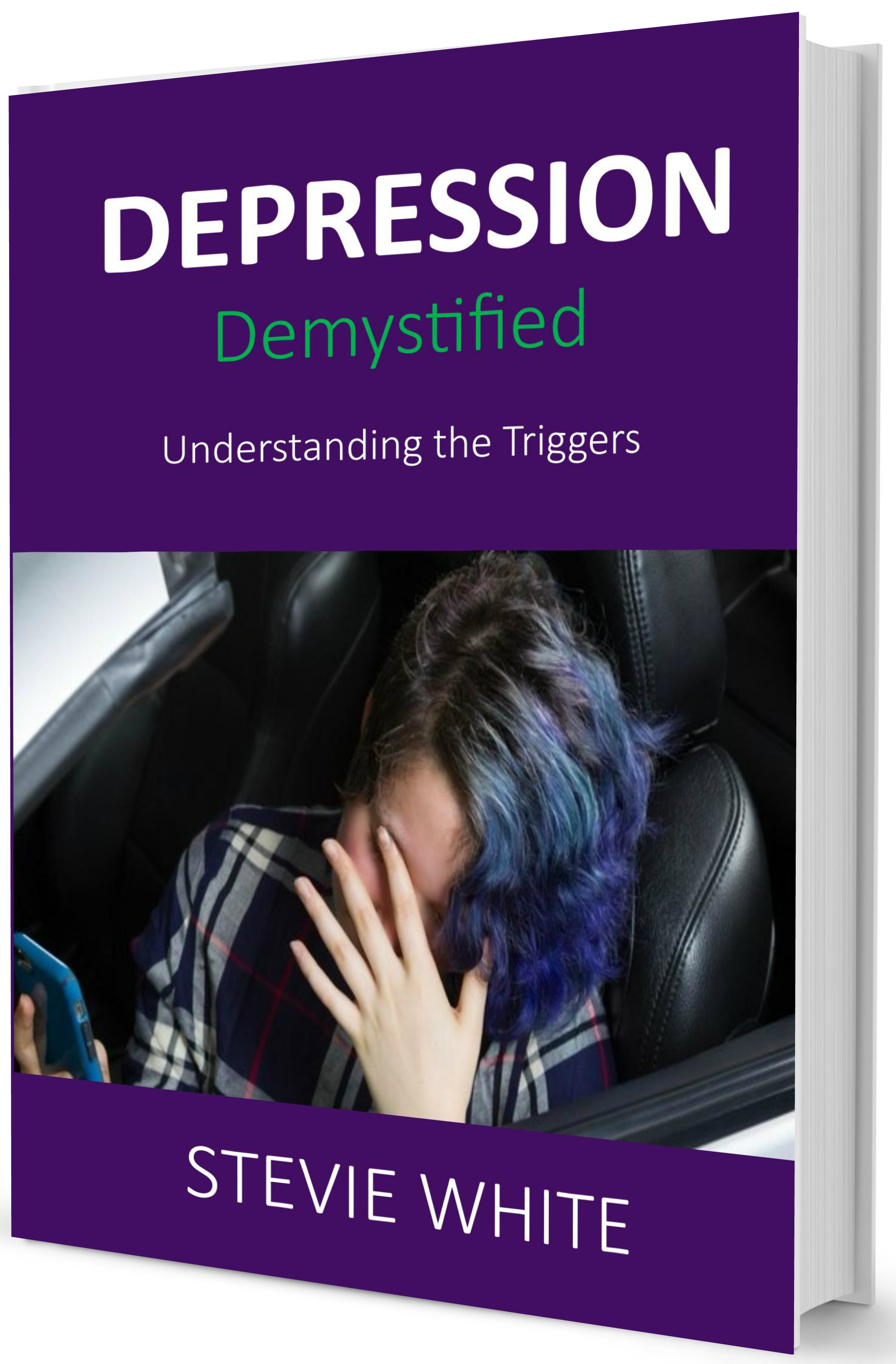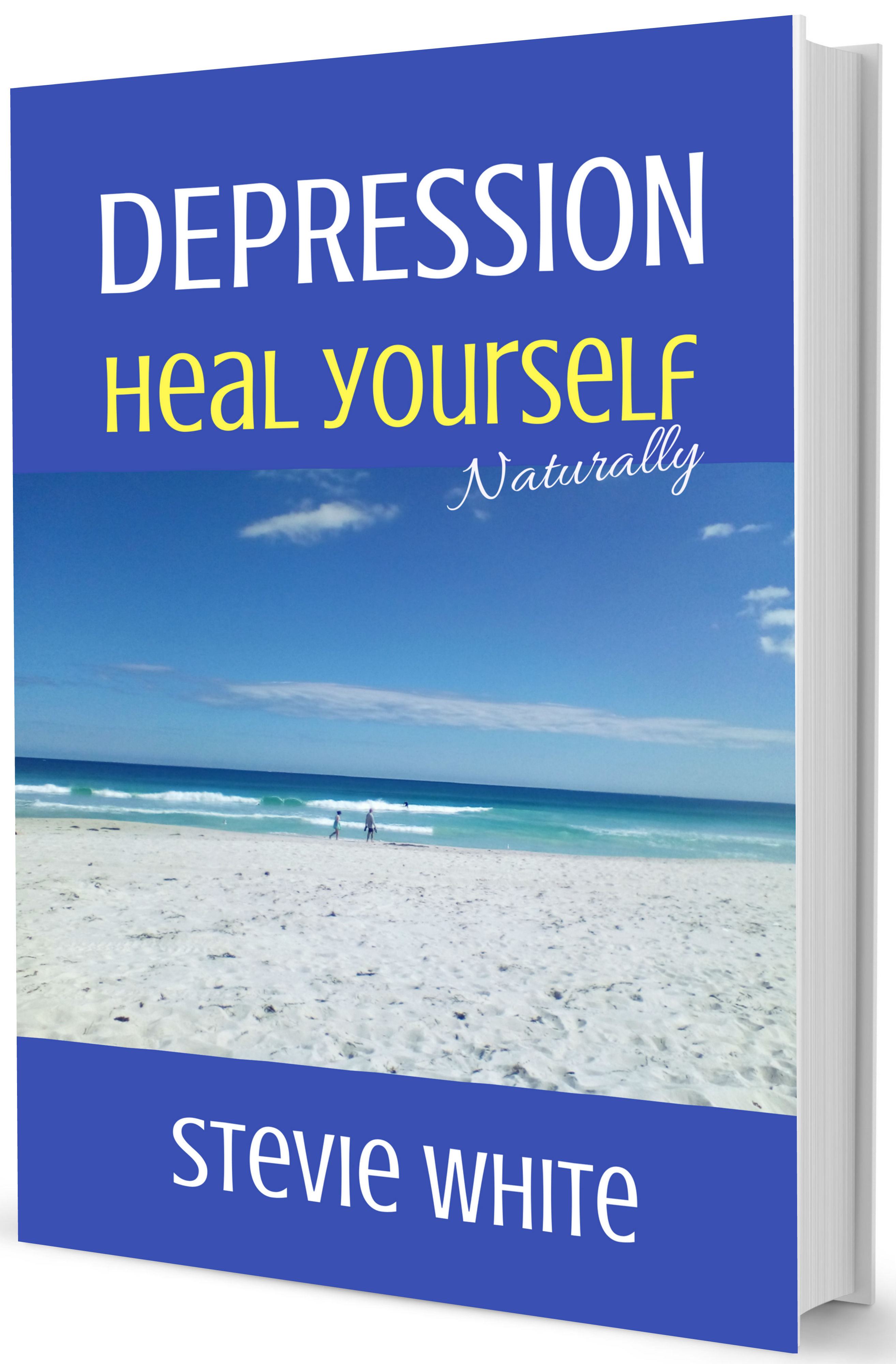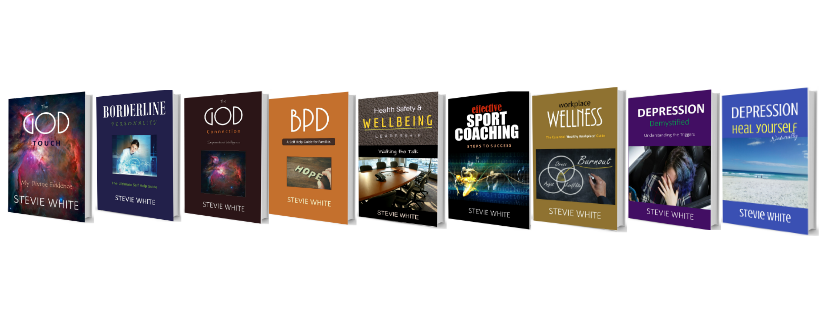
Why Healthy Relationships Can Help You Heal from Depression or Illness
For some years now, I have gathered much clinical and scientific research for my book publications, and a consistent blip on the radar was often evident. This being, that society has become somewhat hoodwinked into a mindset belief - that, when someone is diagnosed as depressed or has an illness, the pathway solution to healing is into the local GP to pick up a range of anti-depressants or antibiotics.
Its also remarkable to think that the Pharmaceutical industry has become one of the most lucrative and prosperous in the history of mankind. If you really take a step back just for a short moment and think about this industry - as. well as the clinical anti-depressant prescription madness that's basically being fueled
by the incessant huge profit margins. It's mind-blowing and alarming.
Suffice to say, the ever evolving drug and pills research continues, and so do the costs to go with it.
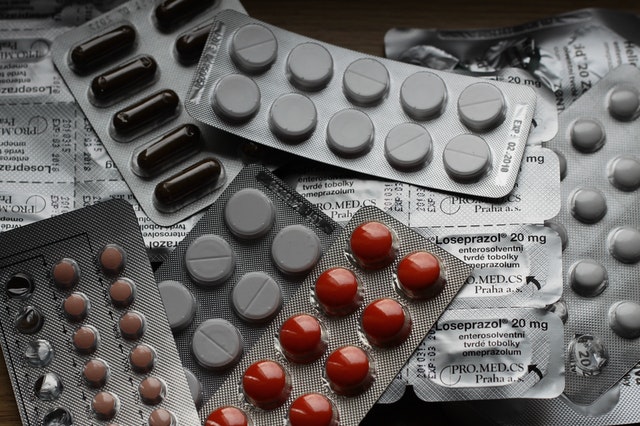
Now, I am not trying to play the devils advocate by highlighting this global trend, I am just trying to shine some light on the flip side of the coin, so to speak. By this, I mean that its just as important for you as the reader to understand what medications cannot do.
Which leads me onto the astute skills, knowledge and experience of clinical psychologist Dr. Michael Yapko - whom, by the way has professionally treated all types of depression patients for well over thirty years (e.g. individuals, couples, families, etc.).
He too, has a serious concern over the escalation of prescribing anti-depressant medications in the U.S. Armed with a point of view - that, in many instances, medication may also be contributing to depression symptoms in some patients, he also states.
"Drugs, cannot solve the problems that lead many people into the pain and despair of loneliness and depression". (p.xx)
Dr. Yapko goes onto explain that depression doesn't arise in a vacuum either, and there's often an underlying social foundation to depression. In his book 'Depression is Contagious' he explains how this mental illness is rapidly spreading around the world, and he suggests that people with depressive symptoms will often think too much, or too deeply.
Furthermore, he reiterates that many people will have a 'going it alone' mentality - which, in turn
only adds to the problem. Interestingly, he mentions that a persons brain is often diagnosed as having a chemical imbalance when someone is depressed, and far too much attention is given to a genetic or biological status.
In fact, he also makes the point that 'bad or toxic relationships' are a major trigger for depression. And, subsequently, this can easily escalate into an individuals social skills becoming diminished, or even ruin inter-personal relations with others close by.
As far as Dr. Yapko is concerned, plenty of high-end research evidence is available - and, its concluding that people who have good and close relationships will buffer against most sorts of illness. Further advocating that 'positive and healthy relationships are vital to a sense of well-being', particularly depression sufferers.
Yet, his pioneering mindset has been established upon a well-known fact.
This being, that despite brain scans showing some improvements in the brain (e.g. serotonin uptake), so too does the brain change when a depressed person responds to other people. In other words, it becomes just as stimulated when there is social interaction. Remarkably, the human brain is actually hard-wired to be social'.
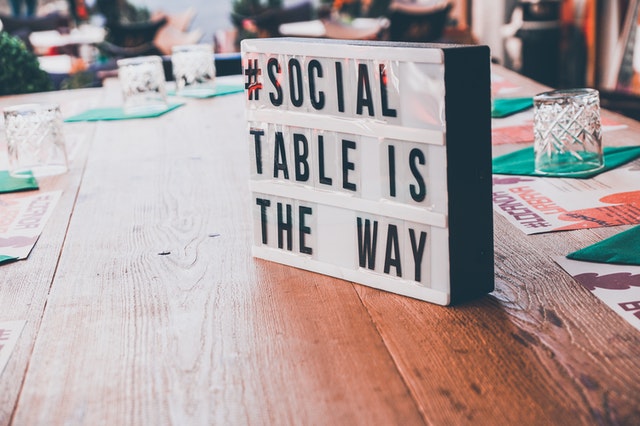
What, I like about Dr.Yapko, is that he doesn't rely on the same old, same old approach to this ancient ill-health problem. To reiterate his point, there's no real need to turn to powerful drugs either - as, the answer for relief to the symptoms. It's just as, if not more beneficial to instead, to turn to each other if you wish to combat negative feelings.
In summary, although depression and illness is spreading rapidly around the globe, depression is about relationships. And, the best anti-depressant or antibiotic drug appears to be the one that has a focus on loving relationships to heal the mind and body. As Dr. Yapko states.
"People need to think and act their way out of depression'. [1]
Other high end experts take a similar stance. For instance, practicing psychiatrist and academic, Dr. Joanna Moncreiff is also a critique of psychiatric drug treatment and in her book 'The Myth of the Chemical Cure' she states.
"Most doctors and health professionals want to help people to help themselves over depression... what they fail to recognize is that every prescription they issue conveys the message of hopelessness and powerlessness. Every time they recommend anti-depressants, they convey a message that they should be reinforcing the ability of human beings to overcome adversity" [p.9. in Yapko]

Assistant Professor of Psychiatry at Harvard Medical School Dr. Michael Craig Miller also has a strong belief that treating depression with the common tact of medication (e.g. anti-depressants) isn't always effective - as, up to a third of people may get no relief at all. And, in some instances it makes them worse.
Dr. Miller also jumped on the drug-free options to fight off depression or illness, and goes onto remark.
"There is good evidence that non-drug treatments and lifestyle changes can ease the symptoms of depression too. Depending on the severity of depression, any of them might work in place of, or as an add-on to medication."
Interested in learning more about understanding the triggers for depression, and also how you can learn to self heal from illness? Click the live Book covers below to read a free chapter or purchase my books.
References
1] Yapko, M. (2000). 'Depression is contagious, how the most common mood disorder is spreading around the world and how to stop it'. New York, U.S.A. Free Press.
2] Moncreiff, J. (2007). 'The Myth of the Chemical Cure - A Critique of Psychiatric Drug Treatment'. New York, Palgrave MacMillon. Cited online at https://www.amazon.com.au/Myth-Chemical-Cure-Psychiatric-Treatment/dp/0230574327.
3] Harvard Health Publications, (2014). Harvard Medical School, Harvard Health Letter. 'Drug-free options to fight depression.' Published: March, 2014. Cited online at https://www.health.harvard.edu/mind-and-mood/drug-free-options-to-fight-depression. Accessed September 3, 2017.
This article has been presented by Stevie White - Professional Article Writer and is subject to "Copyright"
You are more than welcome to share it for educational purposes, but not re-use it for publicity, or monetary gain.
"©" Stevie White, 2020

